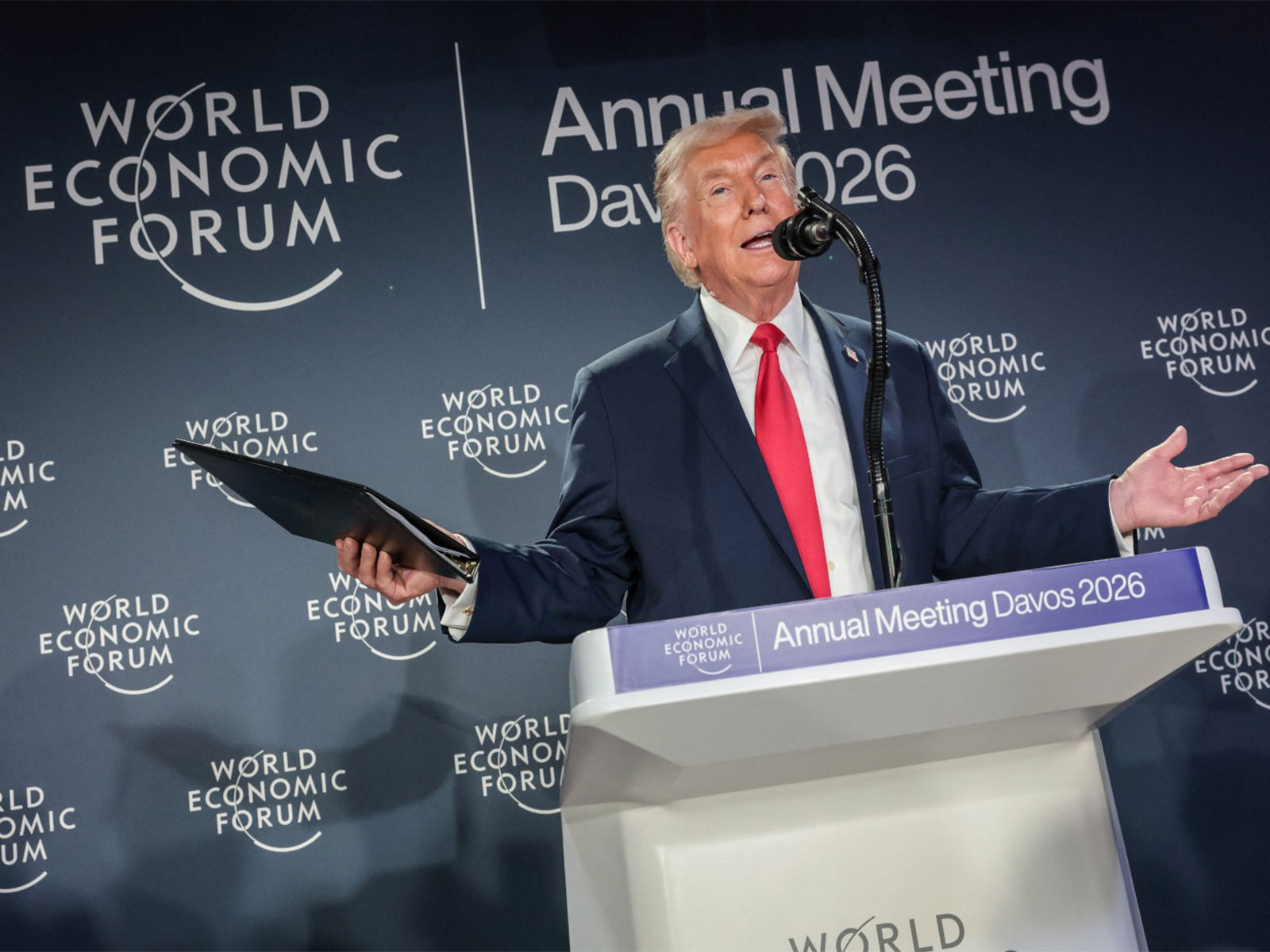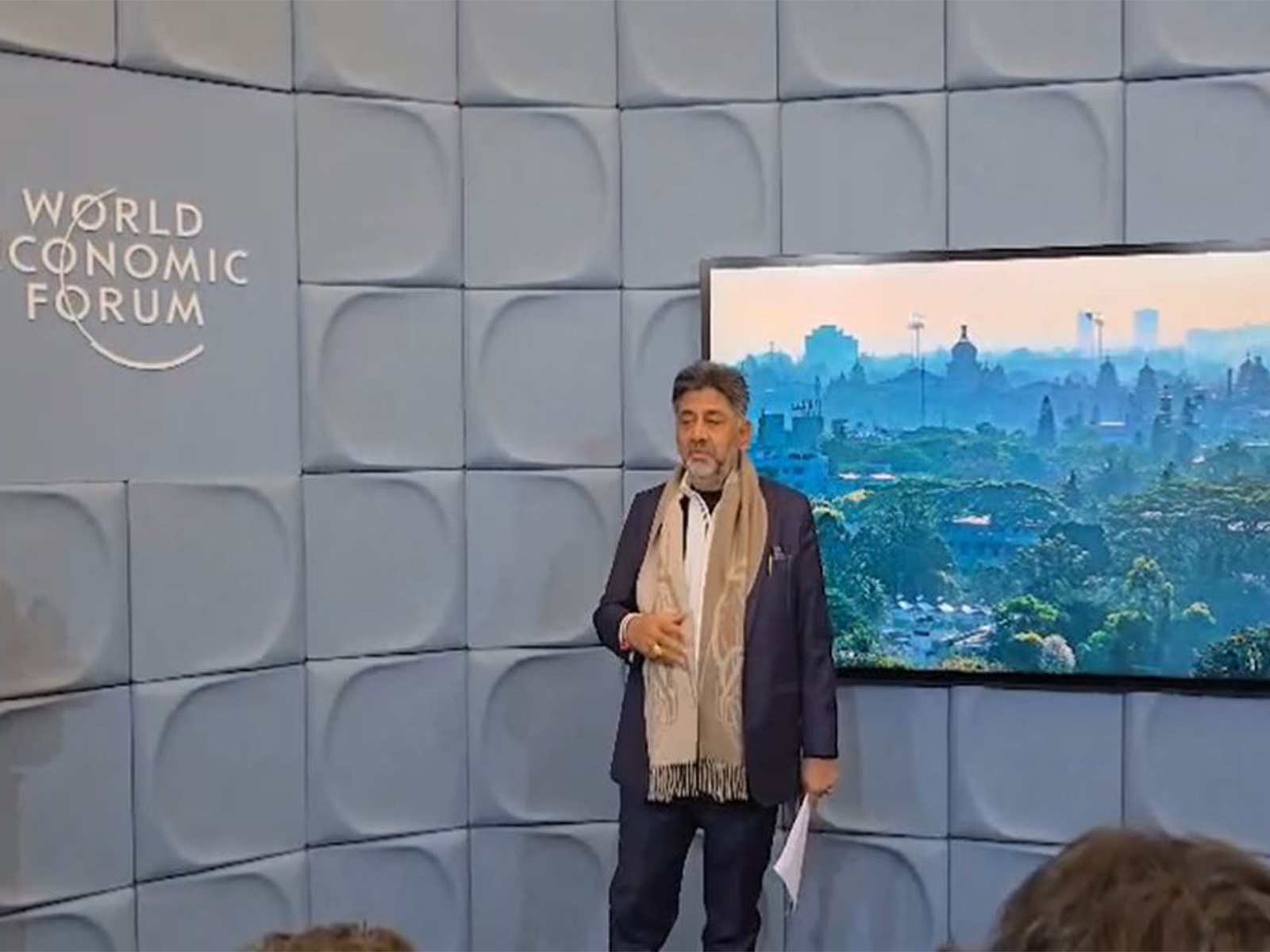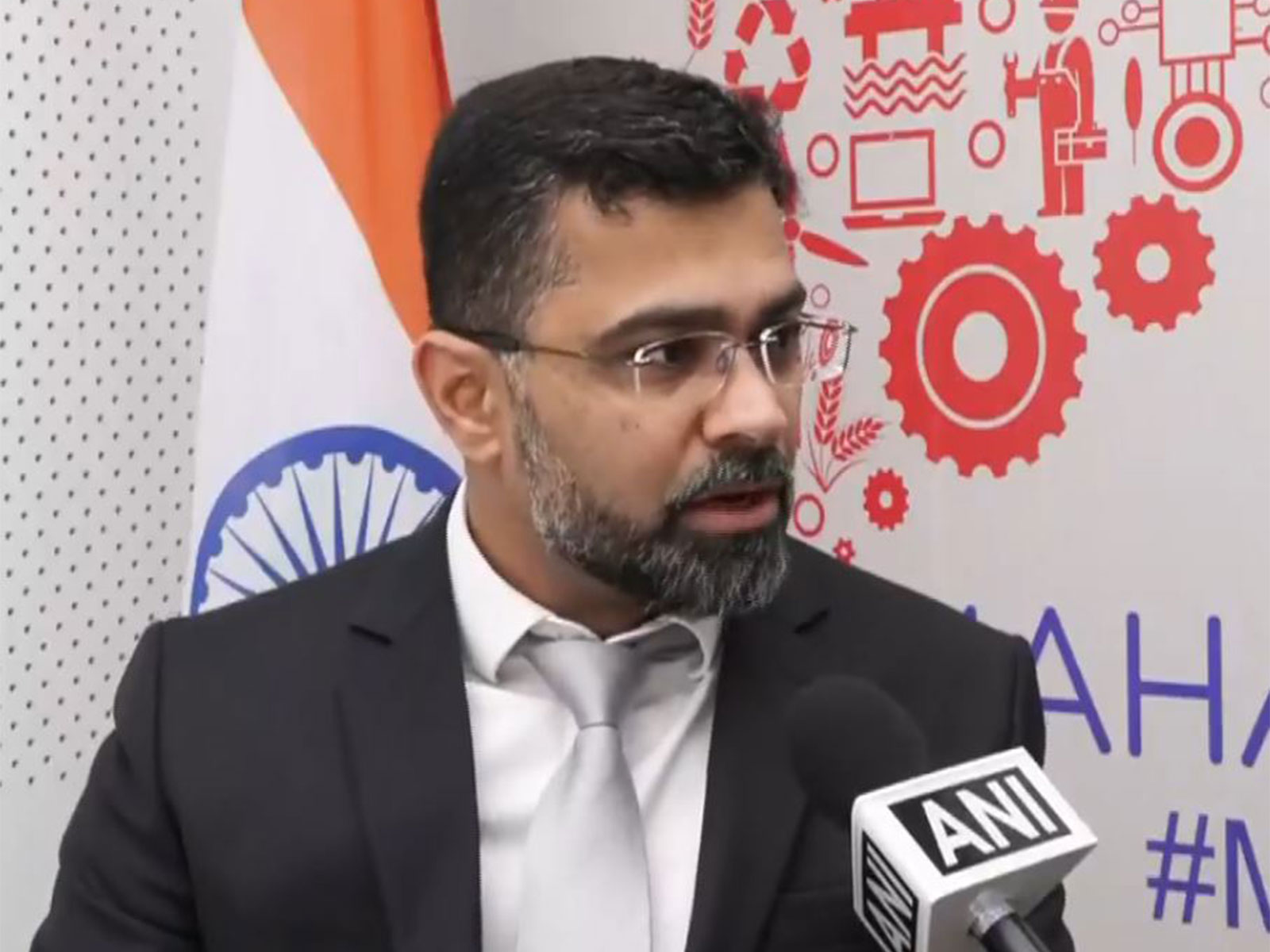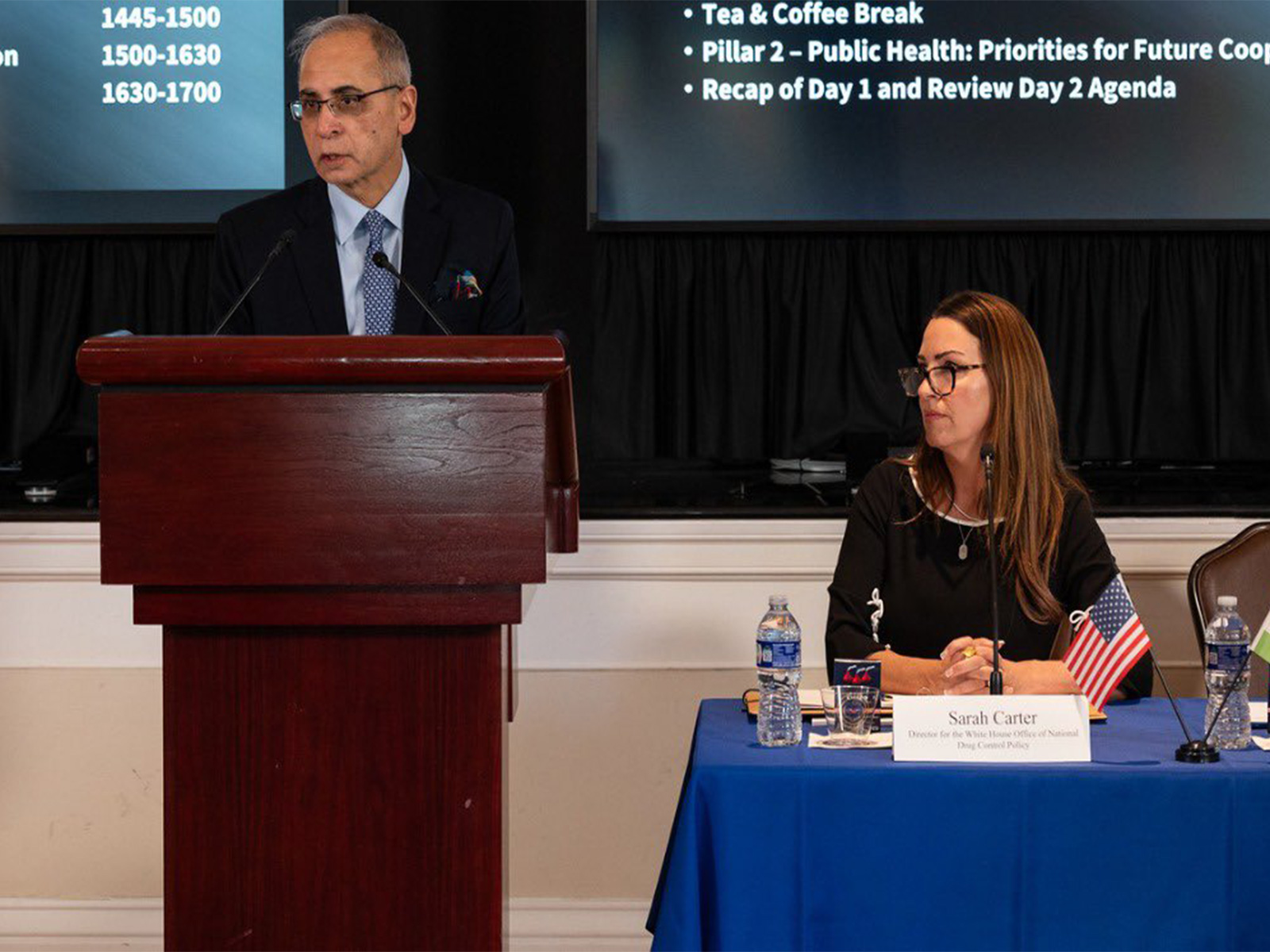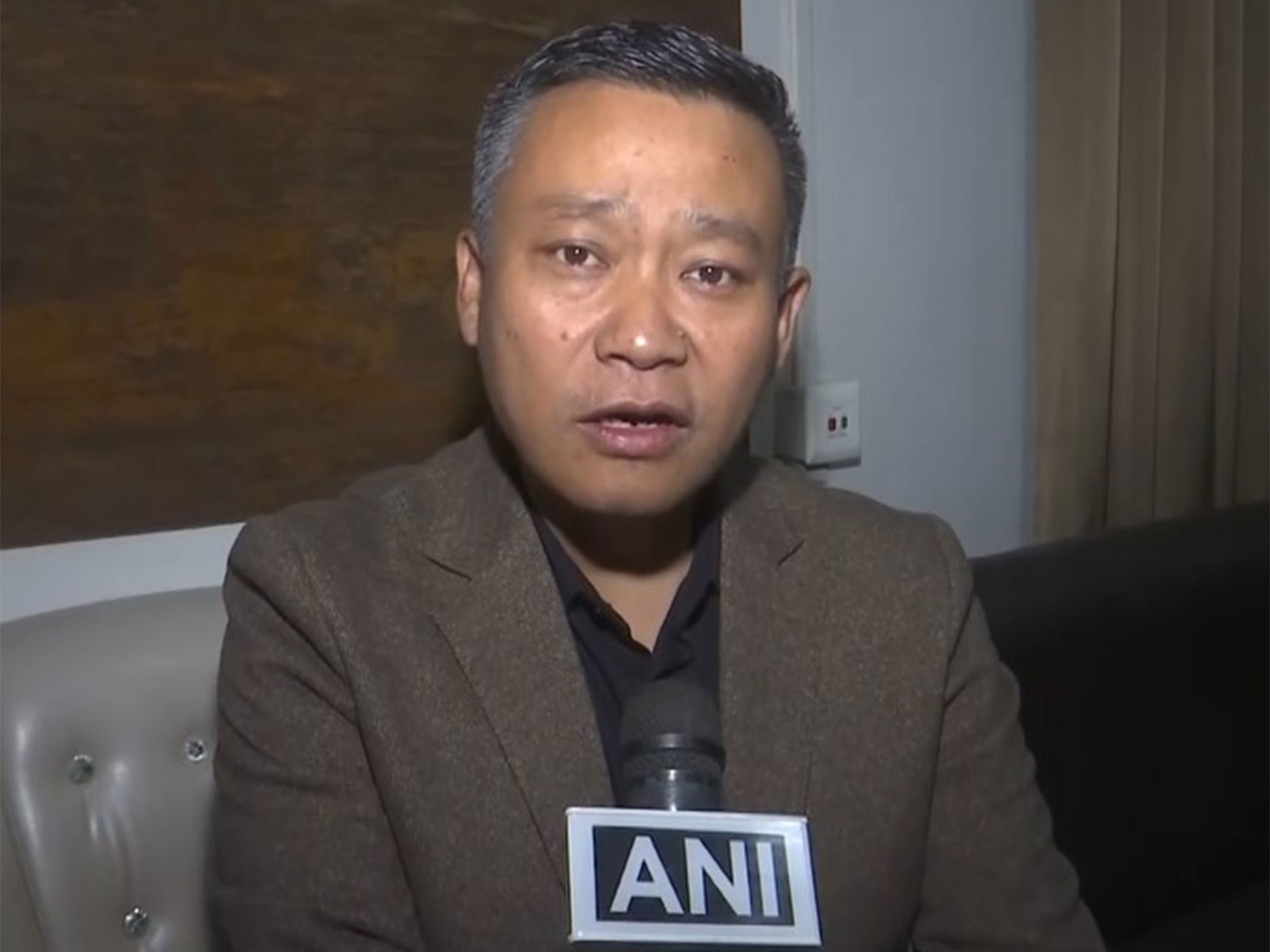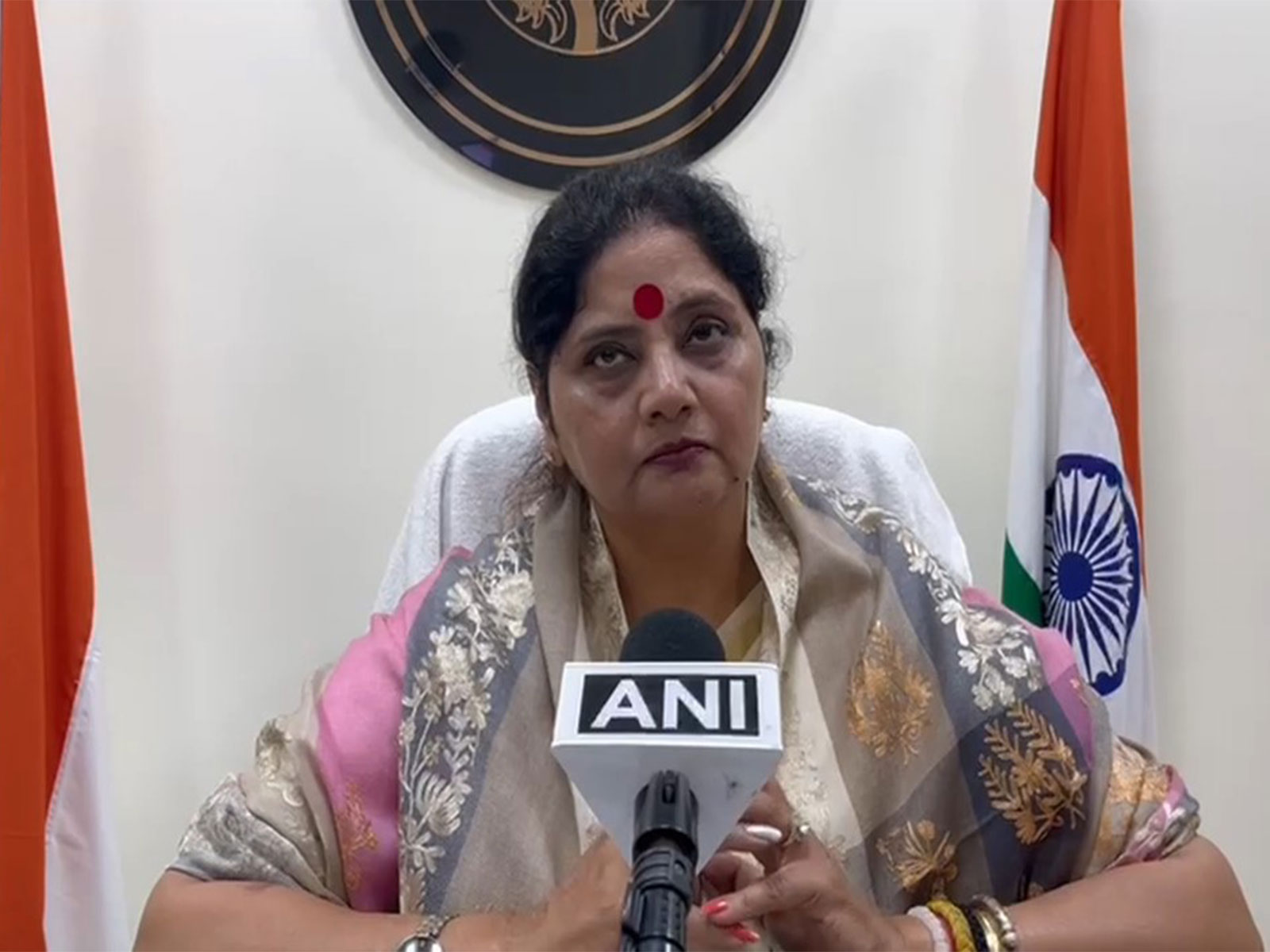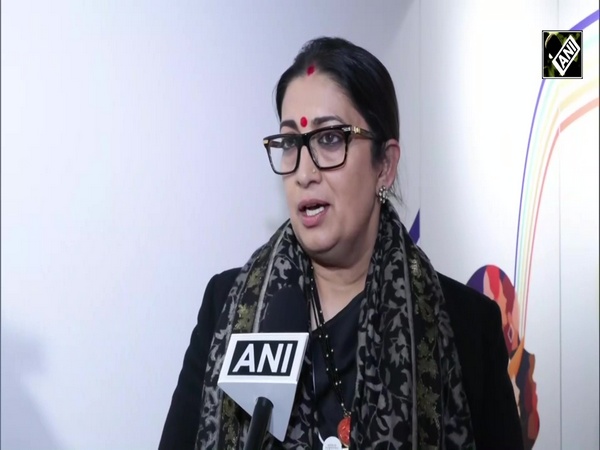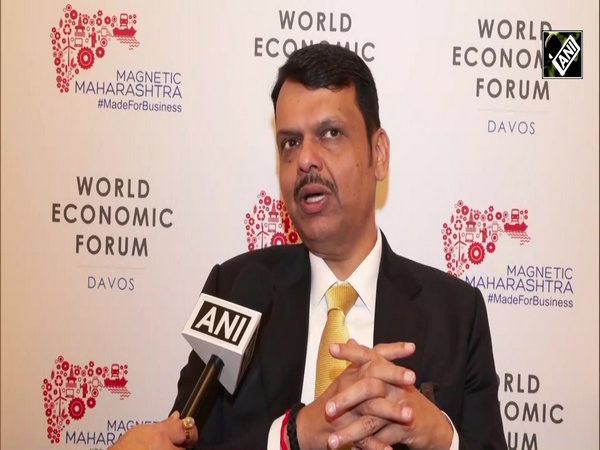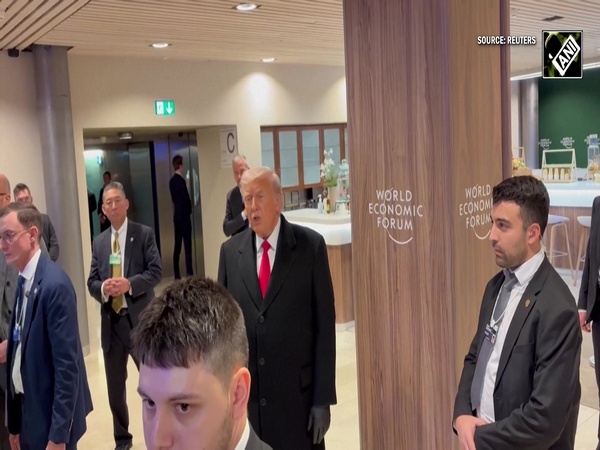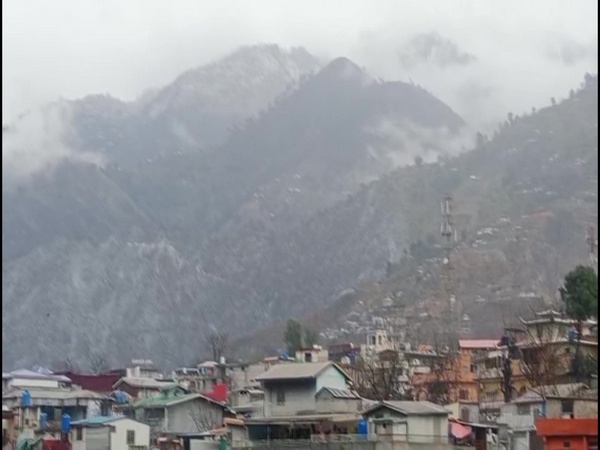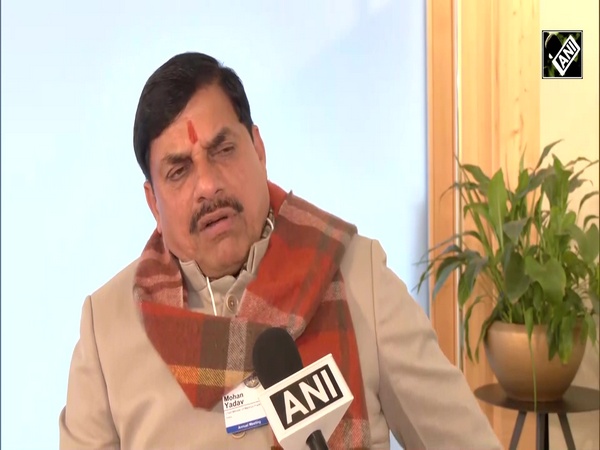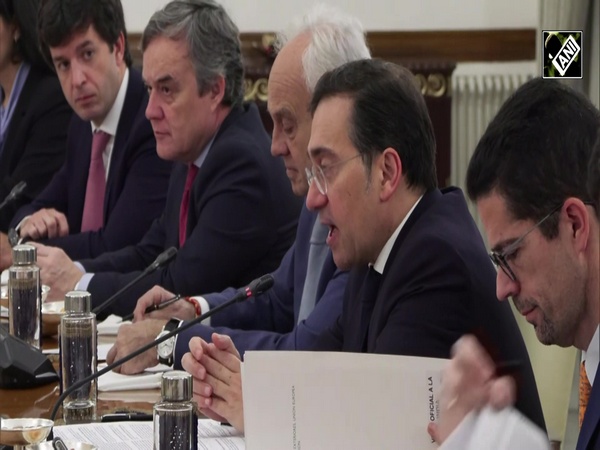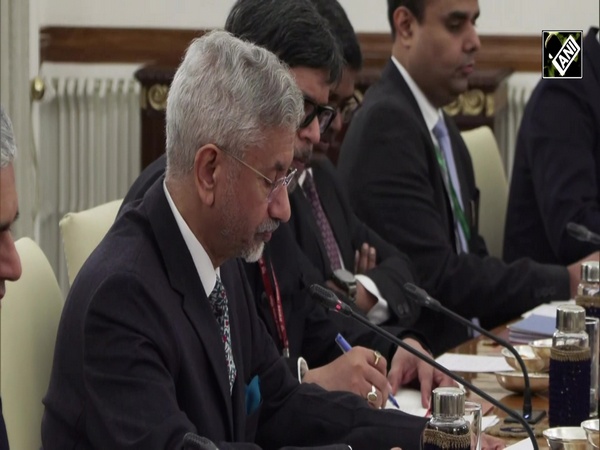China using social media, disinformation campaigns to project its narratives about Xinjiang
Jul 20, 2022

Canberra [Australia], July 20 : The Chinese Communist Party information operations are successfully silencing governments, businesses and civil society organisations globally and deterring them from criticising the CCP's human rights record and actions in Xinjiang.
Albert Zhang, an analyst and Tilla Hoja, a researcher at the Australian Strategic Policy Institute's (ASPI) International Cyber Policy Centre said that China's information operations are silencing and influencing global audiences on Xinjiang.
The CCP is projecting its preferred narratives about Xinjiang and influencing unwitting audiences around the globe, instead of improving its treatment of Uyghurs and other Turkic minorities.
The CCP is responding to critiques of its human rights record by coordinating its state propaganda apparatus, security agencies and public relations industry to influence and even silence governments, businesses and civil society at home and abroad, reported Zhang and Hoja.
The new ASPI report, assessing the impact of CCP information operations related to Xinjiang, collected and analysed a vast amount of multi-language data, including Chinese government documents and speeches, government statements made to the UN Human Rights Council, corporate responses to Chinese state-affiliated consumer backlashes (regarding Xinjiang-related forced labour), 613,301 Facebook posts, 6,780,809 tweets and retweets, and 494,710 media articles.
The findings come on the back of President Xi Jinping's recent visit to Xinjiang--his first since 2014. Despite almost a decade of repressive and discriminatory policies, including the arbitrary detention, mass sterilisation and cultural degradation of minorities in Xinjiang, reporting from Xi's visit showed Uyghurs and other Muslim minority residents apparently waving and cheering the draconian policies they have been forced to live under, reported ASPI.
However, CCP online information operations deny, distract and deter voices critical of CCP policies by flooding social media with positive depictions of Xinjiang and whitewashing evidence of human rights abuses. These activities are coordinated with other coercive tactics such as state-affiliated trolling campaigns, cyber surveillance operations and offline harassment, reported Zhang and Hoja.
Xinjiang-focused CCP propaganda and information operations were more effective on Facebook than on other platforms such as Twitter, the report found.
For example, of the top 400 Facebook posts with the most interactions (including reactions and shares), 60.3 per cent were posted by Chinese state media and diplomats. Of the top 1,000 tweets with the most interactions (including likes and retweets), only 5.5 per cent were posted by Chinese state media and diplomats, and 4 per cent were from accounts suspended by Twitter for platform manipulation.
Social media data collected in this report also confirmed that the CCP and state-affiliated entities are likely deploying coordinated inauthentic accounts to amplify their online public diplomacy and disseminate disinformation.
News articles in different languages varied significantly in the tone of their reporting about Xinjiang and reflected differences in global public opinion about the CCP's policies in the region, reported ASPI.
Of 494,710 articles analysed in more than 65 languages, Chinese-language articles were more likely to convey positive assessments of Chinese state policy and action in Xinjiang. Statistically similar results came from analyses of articles published in Urdu, Japanese, Thai and Turkish.
Moreover, the analysis of government statements at UNHRC sessions found that most countries that have supported CCP policies were based in Africa or the Middle East, which are emerging markets for US-based social media companies, while countries that have condemned CCP policies were mostly democratic nations in Europe and elsewhere.
